A hundred ways
to kiss the ground.
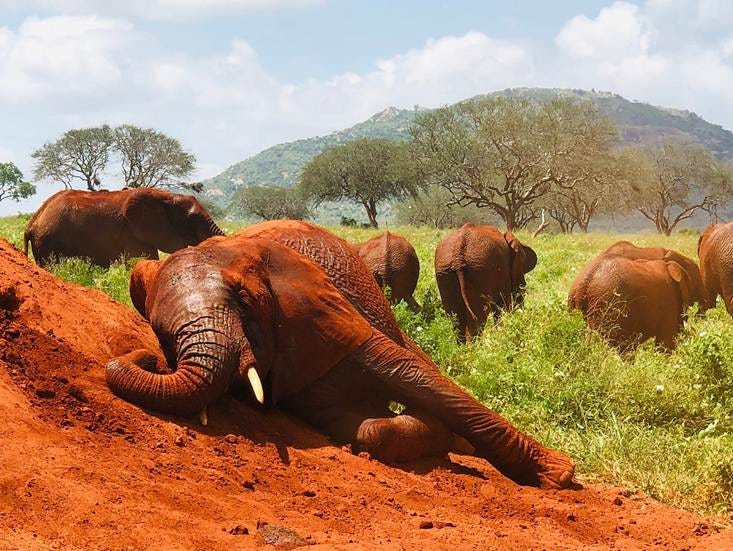
"Today, like every other day, we wake up empty and frightened. Don’t open the door to the study and begin reading. Take down a musical instrument. Let the beauty we love be what we do. There are hundreds of ways to kneel and kiss the ground." ~ Rumi (from The Essential Rumi, translations by Coleman Barks with John Moyne)I like to imagine the sharp surprise of it.
I’m tucked into a threadbare armchair, searching for warmth inside a dimly-lit and cavernous library scented of oak and boasting floor-to-ceiling bookshelves. Maybe it’s the stained-glass “reading room” from my university days, as hushed as it is hallowed.
Somebody walks in and instead of reaching for an antiquated book, they move the rolling ladder to an unexpected shelf and take down a musical instrument, piercing the veil of quiet with an improvised melody.
The lift of notes is shocking yet intoxicatingly beautiful. It could be an oboe bright and reedy, or a velvet violin. Even the thought of a drum kit makes me smile, smashing every rigid rule in a percussive flurry of bass growls and snare howls (declaring freedom with a cymbal smash).
Its sheer unexpectedness calls to my mind American poet Robert Lee Frost’s oft-quoted “road less traveled by” which after all these decades of readings, teachings, and poetry dissections remains terribly misunderstood. Embracing the powerful message that has blossomed from that misreading, the commonly accepted view is that Frost is lamenting our resistance to the roads not taken. A truth that is hard to refute.
Why, when the untrodden honey-colored grasses of promise call to us as they do?
The sigh Frost foreshadows is reflective of the fear we tend to have committing to any unknown path; and the same fear that floods our will when we think about deviating from the rutted routines and well-traveled roads we know. It’s as hard as it sounds to defy the gravity that presses our life decisions heavy upon us.
It’s why I nearly fell over when I encountered the entirety of the Rumi quote above, which I had only ever known part of. I had no idea he began it with: “Today, like every other day, we wake up empty and frightened.”
Because who among us doesn’t relate? I could effortlessly name ten (or twenty, and I’ll stop myself there) ruminations that wake me up empty, and likely so could you.
It’s all the more poignant that Rumi penned these words about the unchanging human condition in the 13th century. Long before elephants and black rhinos became endangered, warm seawater intrusions took to melting Thwaites Glacier, or “great islands” of plastic bottles and sinister strangles of fishing gear began to form plasticized peninsulas of poison in our oceans.
Which is precisely how I find myself stashed in Rumi’s figurative study when the door swings ajar, my limbs gathered in a knot of preconceived notions and obeisant silence.
Reeling in awe of the music somebody has dared to play—and embody fully—in a space I willingly accepted with unconscious self-constriction was meant only for books, and quiet.
I wrote recently about the contrariety of children’s books and how these gorgeous portals of color and kindness portray a world we too rarely inhabit when we grow ourselves up. It got me to thinking about the manner in which we converse with children, and how different this can be from the ways we talk to each other—and even ourselves—as adults (front-loaded with rigid expectations, the road often narrowing if we’re not vigilant).
Children in conversation, when given even limited opportunity, tend to take the wide road. They envelop themselves and their listeners in what or who they love regardless of the popularity of the subject matter—be it planetary constellations, trains or telescopes. Engage them in dialogue and you’ll get a meandering earful about anything and everything under the sun.
One of my young nephews could have told you more about dinosaurs and their marvelous hatching babies than most adults will ever know, his knowledge base riveting and driven entirely by passion.
This truth inspired me to revisit hilarious and heartfelt footage from the early aughts of a suddenly famous young fair attendee, adorned with zombie face paint, being interviewed by a local news reporter about the festivities. He goes viral in the process, and for entirely endearing reasons, when the reporter asks him about his undead face paint and he responds instead with the beauty he loves: “I like turtles.”
What’s not to love about his immersive adoration? His single focus and resolute unwillingness to talk about the humdrum of face paint or waterfront park crowds because . . . turtles exist!
How many of us do just the opposite in vulnerable acts of self-consciousness (and even self-sabotage), burying the unique light that makes us each who we are in our heart of hearts? Casting aside all too often what and who we love, and in fact might need most.
Blinding ourselves to the chorus of cicadas that beckon us still into the sweet-smelling uncut grass to instruct us about what truly matters.
What if we approached each other in our routine everyday settings and simply asked the most fundamentally important but not-sought-often-enough question: “What do you love?”
What surprising truths would emerge from the people we think we know so well? How much more common ground might be found with those whom we disagree? Who might come tumbling forth bearing a musical instrument, born for sound? How many face-painted zombies wandering in our midst are secretly harboring a love of turtles?
And who might we become, as individuals and a collective, in such a landscape?
There are hundreds of ways to kneel and kiss the ground.
Let the beauty we love be what we do. And who we are becoming.
"The way we notice stuff around us is much about what we subconsciously look for versus what we ignore. This is so ingrained in us that we are unaware that this kind of choosing/preferences happen because of our preconceived notions about things." ~ Shital Morjaria
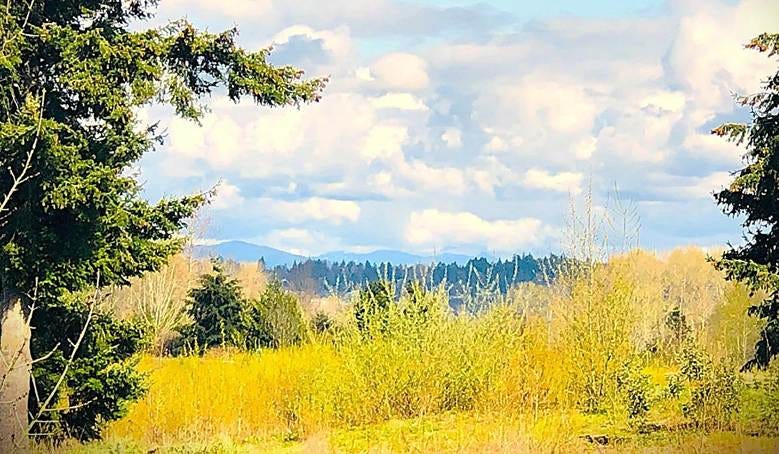
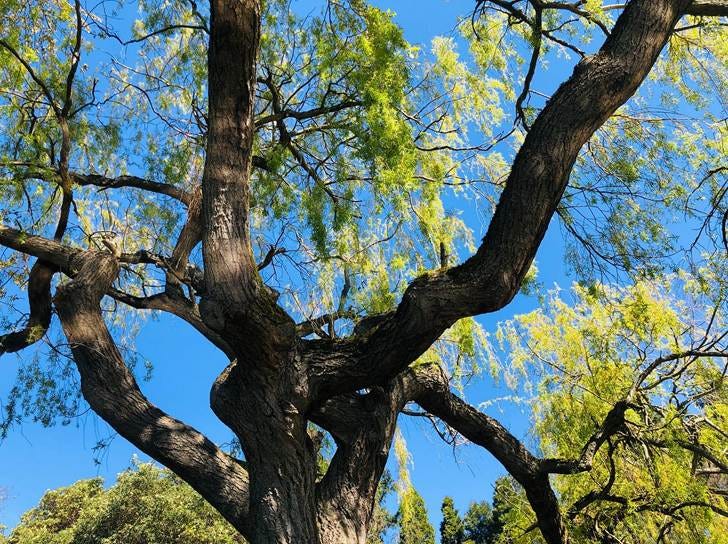
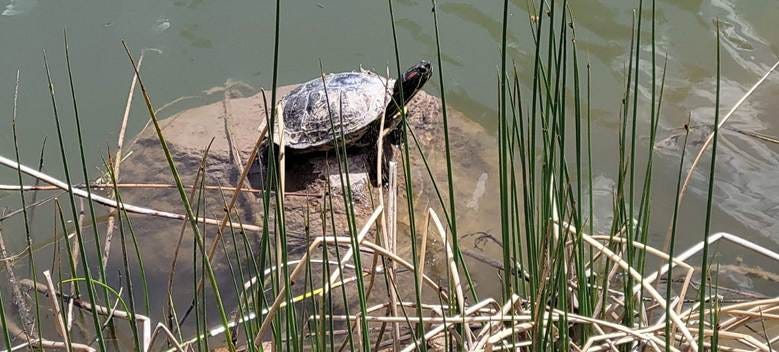
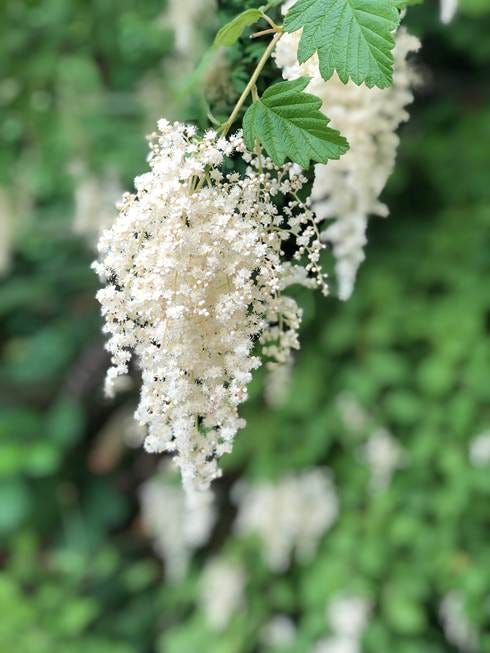
“What do I love”—-What an incredible question to guide us through an increasingly frightening world. Thank you for this!
The wordless language of the body…..music, passions, kneeling to kiss the ground. The Rumí quote with such timeless wisdom. All the words written in the library are of the mind. I love that Rumí says to first do the embodied action. When we can express and become present through the body, then our words become beacons of clarity and deep meaning. As your words have done. Exquisite and necessary for our time and all time. Thank you